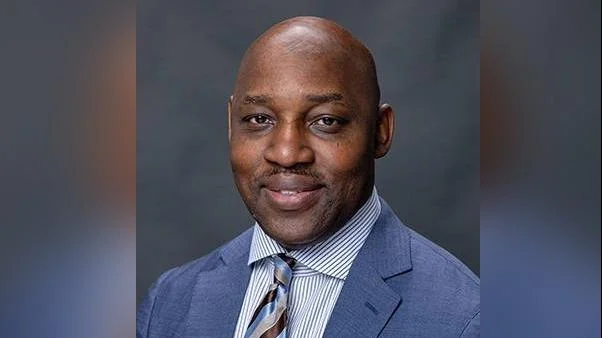Art Malloy Vice President for Student Affairs | University of North Dakota
Art Malloy Vice President for Student Affairs | University of North Dakota
The University of North Dakota's Department of Indigenous Health is taking steps to improve the ethical standards of research conducted with Indigenous communities. This initiative aims to prevent situations similar to the 2004 lawsuit filed by the Havasupai Tribe against Arizona State University and the Arizona Board of Regents. The tribe accused researchers of using blood samples for purposes not agreed upon, leading to a settlement involving significant legal fees and compensation.
Julie Smith-Yliniemi, an assistant professor in the department, emphasizes that understanding and respecting community dynamics are crucial before engaging in research. "Oftentimes, researchers will say ‘I want to work with Natives and help those communities,’” she said. “But once they start the process, they realize, ‘Whoa, this is way more complex than I thought.’”
To address these complexities, UND offers a training module called rETHICS—Research Ethics Training for Health in Indigenous Communities. Developed at the University of Washington, rETHICS aims to equip researchers with ethical principles and cultural sensitivity necessary for conducting respectful and beneficial research.
Cynthia R. Pearson, co-developer of rETHICS, explained that many existing frameworks prioritize institutional perspectives but often neglect how to conduct research that respects community needs. She noted that rETHICS fills this gap by emphasizing culturally grounded ethics and community empowerment.
Smith-Yliniemi highlighted the diversity among tribes in terms of research protocols: “Some Tribes have a research review board that is similar to an IRB, but isn’t an IRB,” she said. The goal is to teach researchers how to develop projects collaboratively with Indigenous communities rather than imposing external assumptions.
Courtney Davis, IH Tribal research liaison at UND, pointed out that rETHICS also helps streamline efforts within their Indigenous Trauma & Resilience Research Center (ITRRC). Funded by a $10 million NIH grant under the CoBRE program since 2021, the center focuses on studying trauma's impact on Indigenous populations while highlighting cultural strengths.
In September 2025, UND will host its Fourth Annual ITRRC Symposium where CoBRE grantees will participate in rETHICS training as part of their project awards. “Even if they’ve done UND IRB," Davis stated, "we want them to have a general understanding of rETHICS."
Brynn Luger from UND’s Department of Indigenous Health sees value in experiential learning through initiatives like their Global Indigenous Health Perspectives course held recently in New Zealand alongside Māori scholars facing similar challenges as American Indian communities today.
Luger remarked on these collaborative efforts: “It’s one thing to read about all this; it’s another experience it." She added that building networks across borders enhances understanding between diverse groups working towards common goals such as ethical engagement with indigenous peoples worldwide.

 Alerts Sign-up
Alerts Sign-up